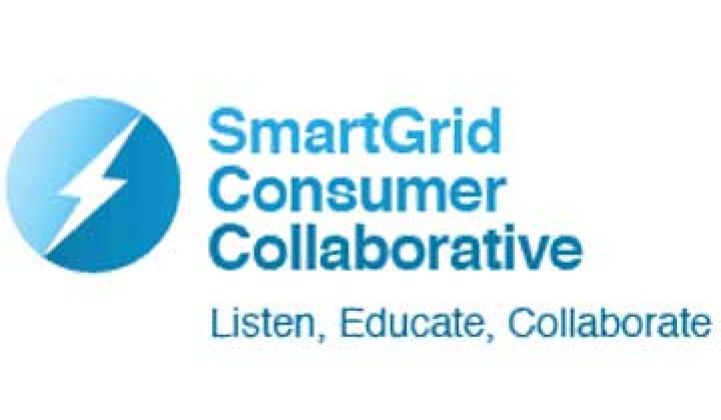The Smart Grid Consumer Collaborative has been pumping out research all year along about what the average person knows -- and doesn’t know -- about the smart grid.
The findings repeatedly show that people don’t really know much about it at all, but when given a little information, they generally like the idea of a more intelligent electrical grid.
“In summary, we’ve found that once consumers are educated about smart grid, they are supportive of it,” Patty Durand, executive director of SGCC, said in a statement. “So the opportunity to further engage with our consumers only gets bigger. Armed with research, facts, figures, knowledge and a vision, industry can continue to educate its customers.”
The organization concluded that 2013 is ripe for customer outreach. Utilities, which increasingly have chief customer officers, would argue that education is going on all of the time. But research shows there’s still a long way to go, and that some of the messages might not be the right ones.
Here are six key points the SGCC found in its research in 2012:
Many non-financial benefits of smart grid upgrades are as compelling to consumers as those that can save consumers money. Besides, a smarter grid, in and of itself, is not necessarily a money-saver for the average person.
Consumers see some smart grid benefits that they consider to be worth paying more for -- such as outage restoration after storms like Hurricane Sandy. Customers are interested in better outage management, but there are also other services they’d be willing to pay more for, according to SGCC, including access to renewables and distributed generation, better usage information and more pricing options.
More than half of consumers found time-of-use pricing and peak time rebates appealing. As noted above, different pricing options aren’t a bad thing if people can choose their plan. Whether it’s to save money or help with reliability, there are different drivers for different consumers. From cell phones to cable packages, people shop around all the time to find the right deal; they’re willing to do it with energy too.
The better they understand it, the more consumers support smart grid and smart meters. A little education goes a long way, and it doesn’t have to be about saving money (see #1).
Low-income energy consumers are less aware of electricity grid modernization technology than the general population, but they find its benefits compelling nonetheless. There is a lot of misunderstanding and misinformation about how the smart grid and smart meters could affect low-income and elderly customers. There is research that shows both groups also benefit -- sometimes more than the general population -- from a smarter grid, which can make it easier to put programs such as pre-pay in place.
Consumers are interested in various smart-grid-enabled pricing programs and services and are increasingly likely to use social media to access energy information. Consumer awareness has barely shifted in 2012, with about half of all people still completely unaware of the term "smart grid." Maybe that doesn’t matter. Smart grid, as a term, is nebulous anyway. The better question is: are people happy with their utility? That means they are not just happy with their electric service, but also happy with how they can interact with the utility, which increasingly includes online services and social media access.



